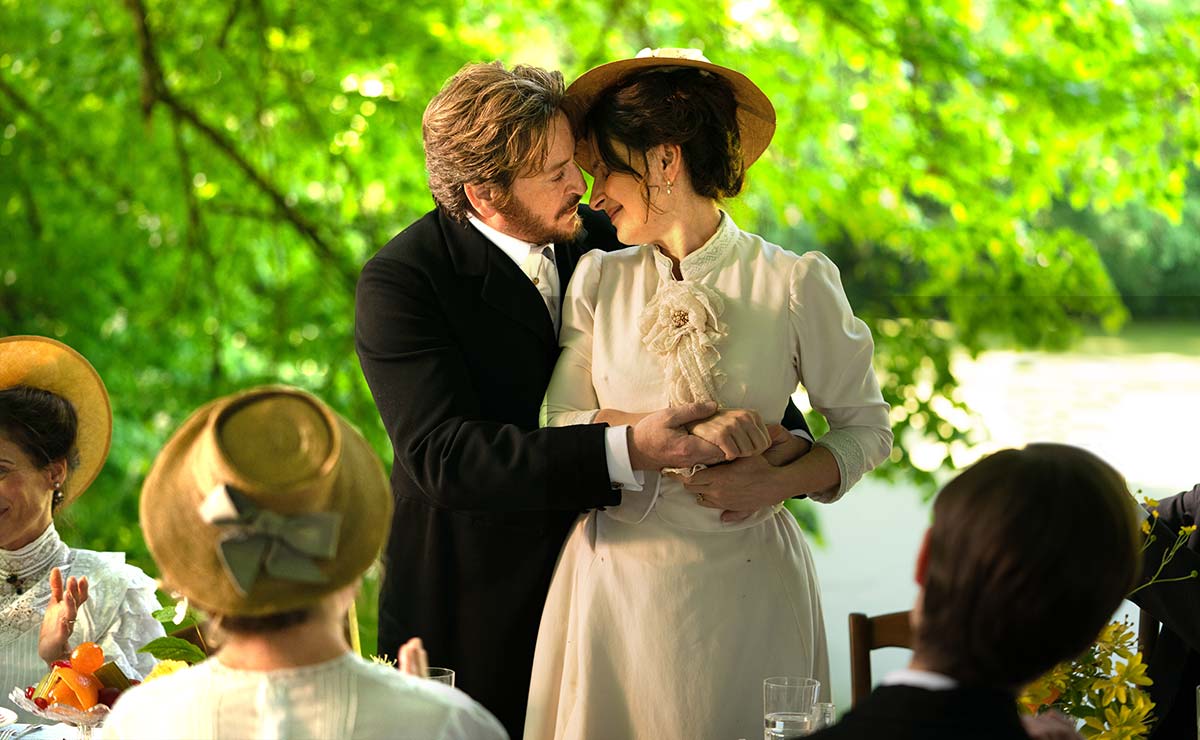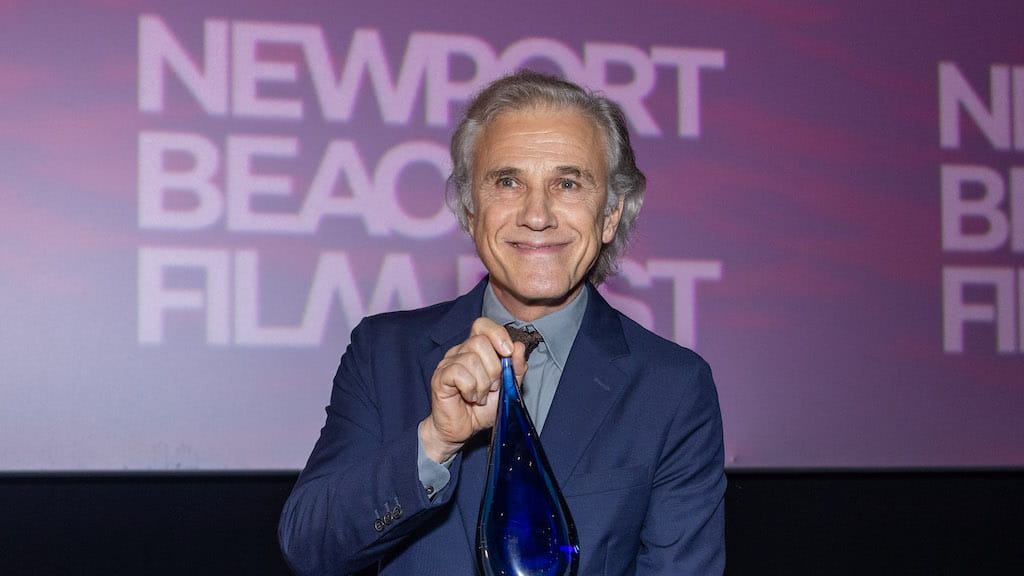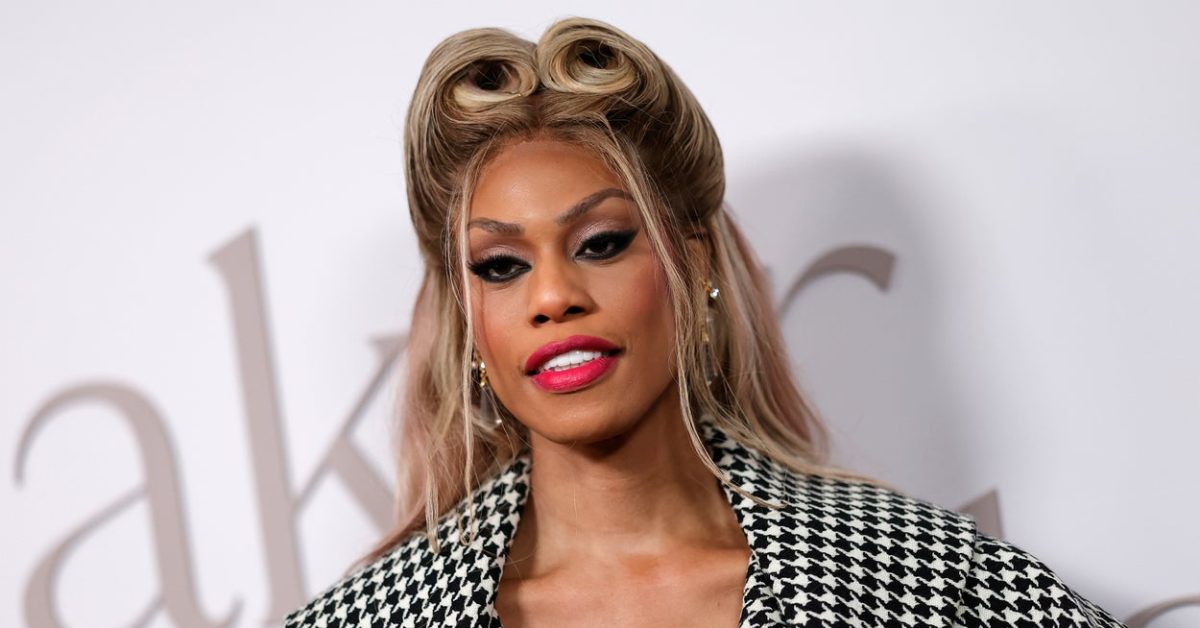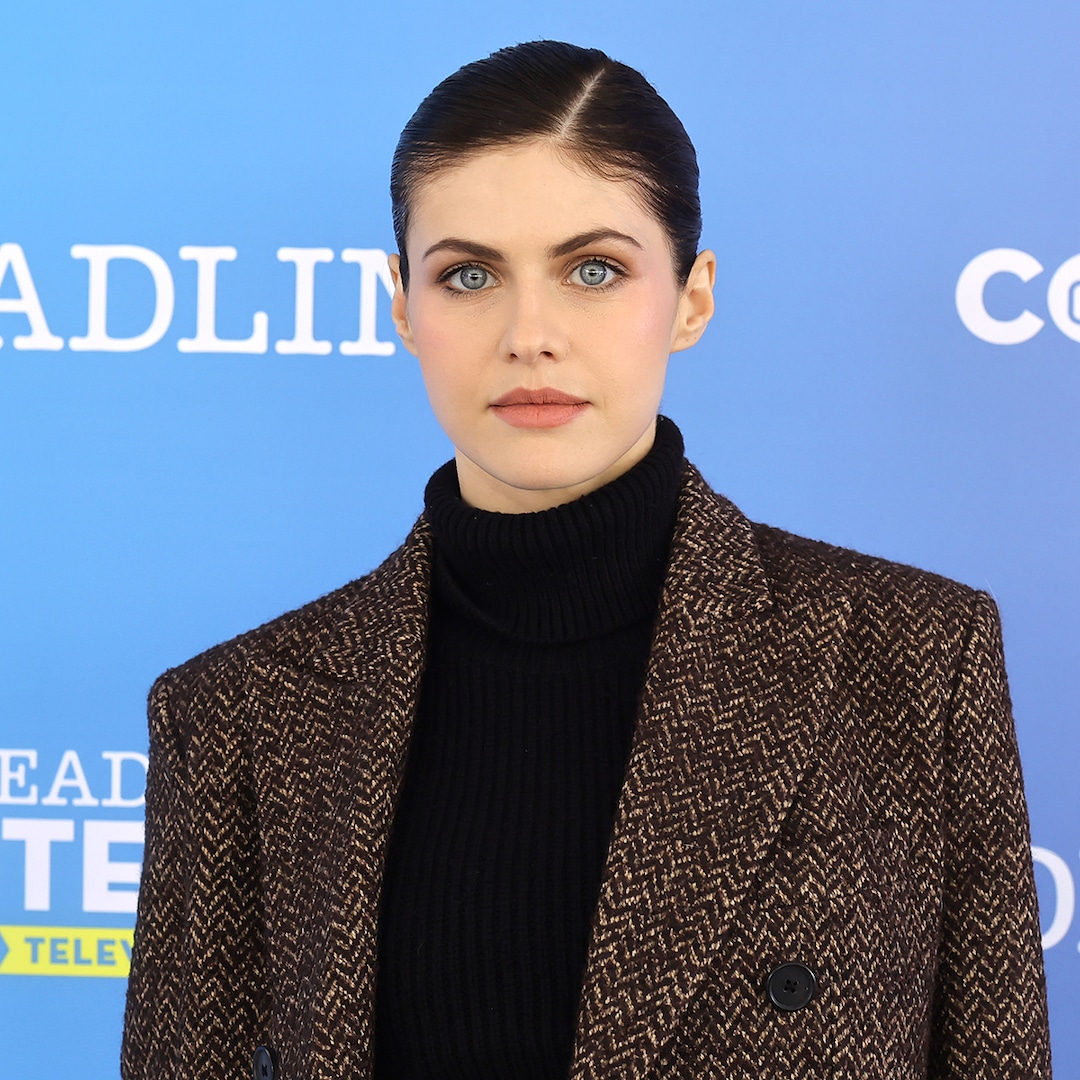
Tran Anh Hung Returns With An Awe-Inspiring Ode To Pleasure In All Its Forms [Cannes]
May 27, 2023
There has been a lot of talk in recent years about cooking as a form of care, an idea intrinsically linked to the feminist revaluation of the work usually performed by women, which is most often unremunerated yet essential to day-to-day living. In cinema, this has translated to a surge of interest among film writers around the place and representation of cooking and eating on screen; a focus that represents another avenue for reclaiming a place for women within cinema, and, more generally, for recognizing that dynamics of care (as opposed to violence or exploitation) are all around us already, if we only look.
However, this often implies an outside-in approach where viewers and reviewers select, isolate, and contextualise onscreen instances of cooking and eating within a film’s historical context, giving them a meaning that’s often not central to the film in question and more of a sign of the represented culture’s habits around food. In short, these conversations can sometimes feel forced. Not so in Tran Anh Hung’s “The Pot-Au-Feu”, which premieres in Competition at the 76th Cannes Film Festival. In this movie, food as an element of care is not a contrived reading or even a subtext, but the very text of the film itself.
READ MORE: 2023 Cannes Film Festival: 21 Must-See Movies To Watch
This is not to say that the point is made explicit in words. In fact, Tran Anh Hung is keenly aware of the very particular and delicate relationship between language and sensations, and begins the film by placing these two planes of experience in parallel with one another. One the one hand, we watch as a woman (Juliette Binoche), aided by two young girls, prepares elaborate meals in a large and sunny kitchen; she is silent and focused, but there’s no frown on her brow, and a smile dances on her lips. She appears content, and also a little impish, as though aware of how elaborate the dishes she prepares are. She is evidently experienced, moving with ease from one station to the next, never in a rush or raising her voice, but it’s also clear that she hasn’t lost any delight over the years in putting together such magnificently complicated meals. She is enjoying herself, even as she does not get to eat the food — that is for the men in the other room.
In that room, Benoît Magimel and his character’s friends are talking, but not too much; their anticipation is too great, and when the food arrives, their silence is the first sign that it is a delight. Words only come slowly, after careful consideration, as if the men want to avoid putting in the minds of their present company a wrong impression that could ruin the taste of what’s eaten. The phrases the men do speak — with this being 1885 France — are often remarkably precise, with them breaking their silence with long and detailed descriptions of flavours and textures. Or they are sweeping observations, aphorisms, extremely general quotes from famous writers that the speaker, in his exalted search for a way to sum up what looks to be an extraordinary experience, reaches for with visible glee.
Of course, it’s amusing to watch grown men think so deeply about something as ephemeral as food, and many of their lines are unambiguously funny (“Wine is the intellectual side of a meal”). But there’s also something incredibly thrilling, moving even, in seeing people so utterly devoted to pleasure, to simply feeling good, to enjoying their life right now, in this moment, in this body. That their time and place is so remote in history, their world so utterly different from our own, only adds to this poignancy of watching others live in the moment.
In this way, “The Pot-Au-Feu” escapes from a simplistic opposition between women in the kitchen and men at the table, without denying the charged dynamic of men admiring, and at the mercy, of a woman’s cooking. This relation is even more loaded when it comes to Dodin (Magimel) and Eugénie (Binoche), the gourmet who designs the meals and the cook who makes them come to life. Theirs is not an equal relationship: he is her boss, of course. But he also seems to need her more than she needs him, to execute his ideas and bring him from the world of words and ideas back into the kitchen, where he truly belongs. When Dodin’s guests tell Eugénie she should join them at the table, she replies that all she ever wants to tell them, she communicates through her cooking. Later, when questioned by young and talented assistant Pauline (Bonnie Chagneau-Ravoire) about the origin of the name for a “Baked Alaska,” Eugénie casually replies that she simply does not know it; though she can express herself well with words when needed, sensations are more of her concern.
Although Dodin is out of the kitchen in this opening scene, we later see him work with Eugénie often, the two of them moving around each other in the kitchen like two people who know each other well and are utterly at ease with each other. At the end of a long day of cooking, they sit at the table in silence; later, he may knock on her bedroom door and join her for the night. Theirs is a relation beyond words, though a big one looms over them from the start: marriage. It’s an idea that, in another film, could have shattered the fragile balance of these lives. But “The Pot-Au-Feu” is about savoring time, relishing both desire and its satisfaction, and both Dodin and Eugénie are too attentive to the stirrings of their own hearts and minds to allow their relationship to disintegrate from a simple ring on the finger.
Some people have therefore described the film as entirely conflict-free, and this is true in the sense that no other person comes to trouble this state of bliss. The only enemies here are bad taste (the Prince of Eurasia invites Dodin to a painful eight-hour meal that’s too rich even for him and his friends, more used to eating many more courses than our pathetic three) and death, which comes for us all. But these are not nothing, and the couple’s pursuit of true, deep, sincere beauty in all things — in body and mind — despite these obstacles is infinitely touching. By the end of the film’s 134 minutes, it feels like the only thing worth doing. [A+]
Follow along with all our coverage from the 2023 Cannes Film Festival.
Publisher: Source link
Mariah Carey Kicks Off Holiday Season with Puppy Interview
Mariah Carey Kicks Off Holiday Season with Puppy Interview It's tiiiiiiiime!!! Forever dubbed the Queen of Christmas, we all know that Mariah Carey's power grows stronger with every day we get closer to the holiday. This year, we decided to…
Nov 15, 2024
Jennifer Lopez Makes First Onstage Appearance Amid Ben Affleck Divorce
Jennifer Lopez Gets Loud in Her First Onstage Appearance Amid Ben Affleck DivorceJennifer Lopez knows how to dance the night away in style. Nearly three months after the "Jenny From the Block" singer filed for divorce from ex Ben Affleck,…
Nov 15, 2024
Laverne Cox Reacts To Donald Trump’s Election Win
Laverne Cox discussed why she's considering leaving the US following Donald Trump's win in the 2024 election. In a new interview with Variety, Laverne said that she and several friends were considering a move: "We’re doing research on different cities…
Nov 14, 2024
Alexandra Daddario Reveals Postpartum Body 6 Days After Giving Birth
Alexandra Daddario Shares Candid Photo of Her Postpartum Body 6 Days After Giving BirthAlexandra Daddario is embracing new motherhood. Days after welcoming her first baby with husband Andrew Form, the White Lotus alum shared a photo of her postpartum body…
Nov 14, 2024











